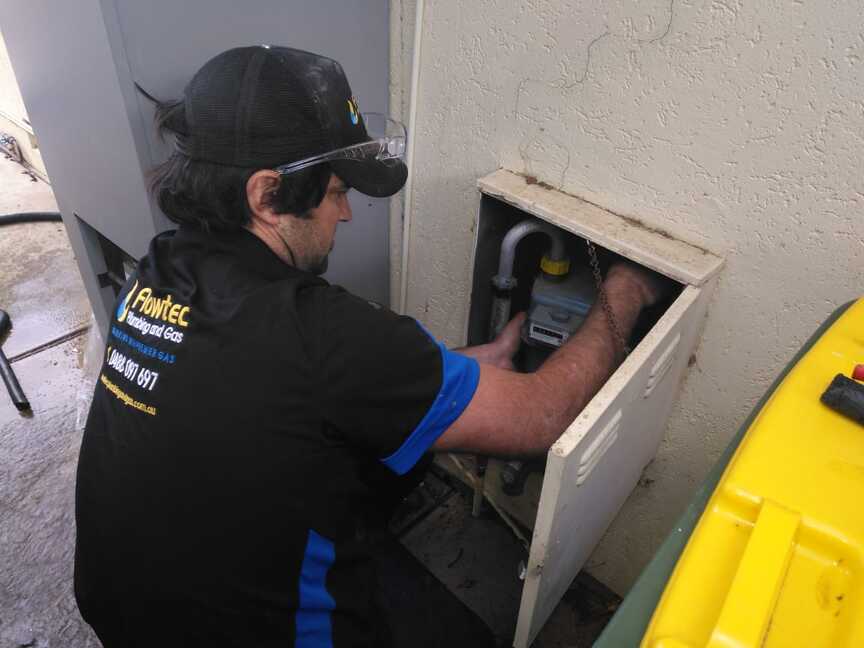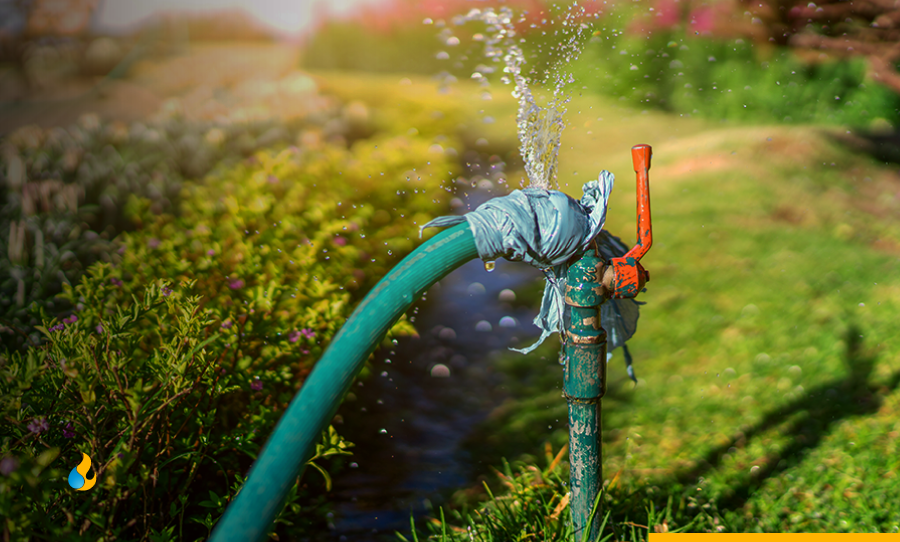Detecting a gas leak in your home: What you need to know
Stumbling upon an unusual smell in your home can raise concerns, especially if it hints at a gas leak. Gas is an indispensable part of our daily lives, heating our homes and cooking our meals, but it requires a cautious approach to ensure safety. Recognizing the signs of a gas leak and understanding how to respond can make all the difference in safeguarding your household.

How can you confirm if there’s a gas leak in your house?
Let’s explore how you can detect a gas leak, differentiate it from other potential issues, and ensure your home remains a secure environment. Remember, in plumbing emergencies, safeguarding you and your family’s well-being is fundamental. If in doubt, searching for an emergency plumber near is your safest bet to quickly address and resolve the issue.
- Distinctive odour
The smell of rotten eggs is a deliberate warning sign, as natural gas is odourless in its natural state. This sulfur-like smell is added to alert you to possible leaks.
- Hissing or whistling sounds
Such noises near gas lines or appliances suggest that gas is escaping under pressure, a direct sign of a potential leak.
- Physical discomfort
Symptoms such as dizziness, nausea, or headaches, particularly when they dissipate after leaving the house, could indicate prolonged exposure to gas.
- Unexpected increase in your gas bills
A sudden spike in your gas bill without a corresponding increase in usage suggests that gas is leaking somewhere in your system.
- Vegetation changes
Plants dying without an apparent reason, especially around gas lines, could be due to gas escaping and replacing the oxygen in the soil.
If there’s no gas leak, what could it be then?
Now, not every suspicious smell is due to a gas leak, yet it’s essential to investigate other potential sources. This process not only clears the air but also brings peace of mind, ensuring our homes remain safe.
Commonly, the culprit behind these mysterious smells can be found in household drains or vents that have become breeding grounds for bacteria. These areas, when neglected, can emit odors strikingly similar to gas leaks, prompting unnecessary alarm.
Another possibility is the presence of electrical faults. Overheating electrical components can produce a fishy or burning smell, which, while distinct from a gas leak, signifies a different type of danger that requires immediate attention.
Household appliances, too, can be sources of unusual smells. A malfunctioning refrigerator, for instance, can emit odors due to spoiled food or a failing motor, mimicking the chemical scent often associated with gas.
Regular maintenance of household systems and appliances not only prevents these misleading smells but also contributes to the overall safety and well-being of the household. In the pursuit of a safe, odor-free home, attentiveness and proactive measures are our best tools.
Now, if the previous explanations don’t quite fit your situation, or you’ve checked and nothing seems to account for the smell, and you’re beginning to suspect a gas leak might be at play, it’s important to move on to the next steps. Here’s what you should consider doing if you’re leaning towards the possibility of a gas leak.
Don’t forget: safety first!
Immediate Steps to Take. If you suspect a gas leak, acting quickly and calmly is crucial:
Attempting to handle a gas leak on your own can be dangerous. For the safety of everyone in your household, it’s advisable to seek professional assistance at the first sign of trouble. Searching for near emergency plumbers can connect you with gas safety experts like us, who have the tools and expertise to accurately diagnose and repair gas leaks, ensuring your home’s safety. In the meantime, before your go-to plumber makes it to your home, here are a few easy steps you can take..
1. Increase ventilation
Open all doors and windows to help disperse gas buildup and reduce the risk of combustion.
2. Gas supply shutdown
If it’s safe and you know how to, turn off your home’s gas supply to prevent further gas escape.
3. Avoid ignition sources
Steer clear of anything that could ignite the gas, including light switches, appliances, and even mobile phones.
4 Leave the premises
Ensure everyone evacuates the area promptly and doesn’t return until it’s declared safe.
5 Call in the Experts:
Contacting seasoned plumbers and gas safety experts is crucial. They have the skills to manage plumbing emergencies and mitigate risks effectively. With our expertise, we can provide valuable advice on preventing future leaks and maintaining your gas appliances.
Conclusion
While our Aussie do-it-yourself spirit is commendable, certain situations call for professional intervention. If you’re facing a gas leak or any plumbing emergency, it’s time to call in the experts.
Flowtec Plumbing, your trusted local plumbers, stands ready to tackle any emergency. We are equipped to manage plumbing emergencies swiftly and efficiently, ensuring your home’s safety and your peace of mind.
Staying informed and vigilant about gas safety can make all the difference in preventing potential disasters. Regular checks, understanding the warning signs, and knowing when to call us are key steps in maintaining a safe and secure home.
Should you ever find yourself unsure or in need of assistance, remember, we are just a phone call away. For any gas safety checks, repairs, or emergencies, reach out to us at 0488 097 679 or contact us.
Below, you can find reviews of our clients that had the same issue as you. Let’s keep your home safe, together.



